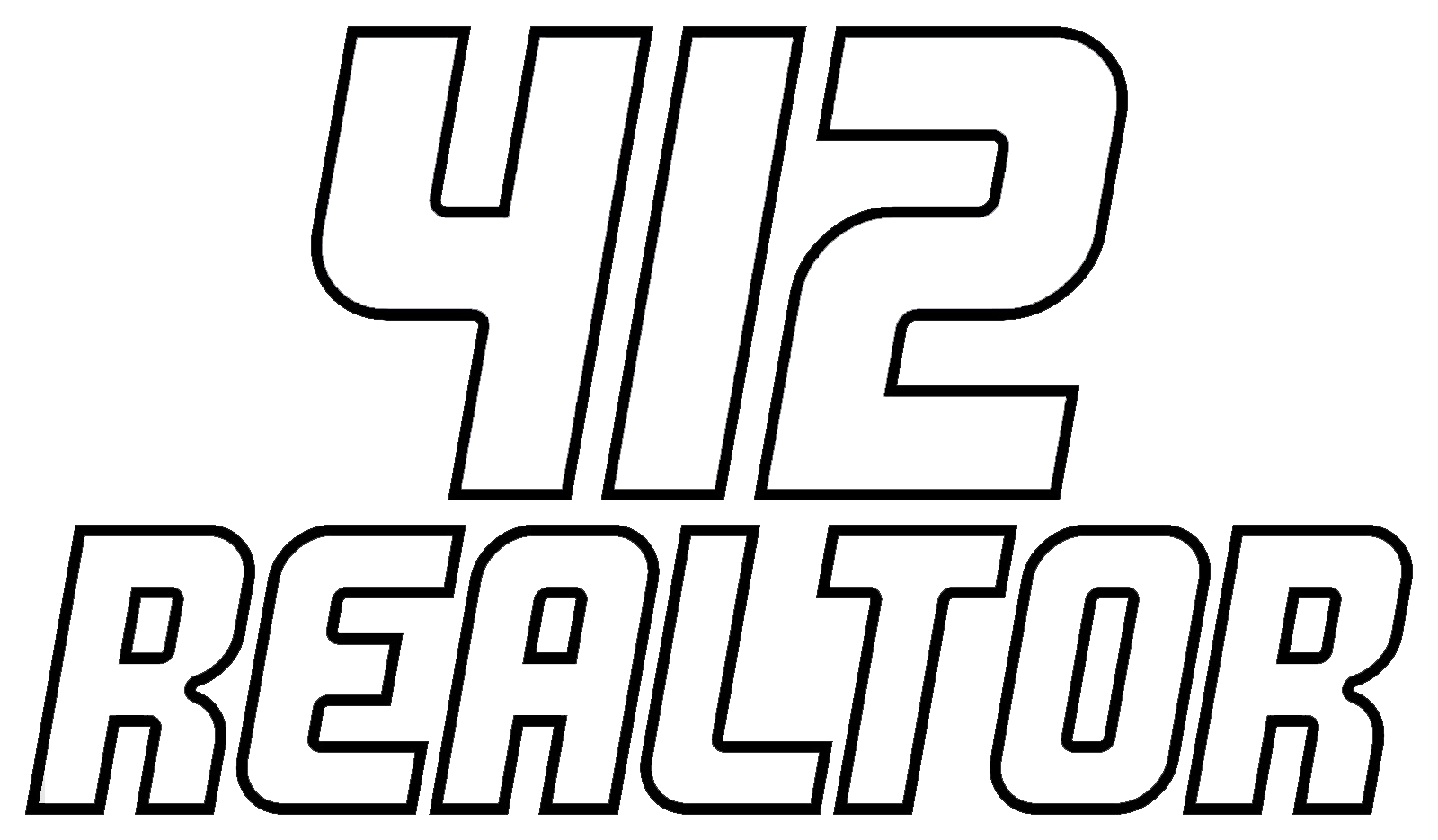Introduction
Buying a home is a major milestone—and often the largest purchase you’ll ever make. Whether you’re a first-time homebuyer or a seasoned investor, the process can be overwhelming. Unfortunately, it’s easy to make mistakes that cost time, money, and peace of mind. This guide highlights the most common homebuyer mistakes and how to avoid them, so you can move forward with confidence.
1. Not Getting Pre-Approved for a Mortgage
The Mistake:
Many buyers start browsing homes without knowing how much they can borrow. They fall in love with properties they can’t afford, wasting time and setting unrealistic expectations.
Why It’s a Problem:
Without a mortgage pre-approval, sellers might not take your offer seriously. You also risk missing out on homes in your actual price range.
How to Avoid It:
Before touring homes, meet with a lender and get pre-approved. This gives you a clear price range and makes you a competitive buyer. Plus, you’ll get a realistic view of your monthly payment, interest rate, and upfront costs.
2. Skipping the Home Inspection
The Mistake:
In hot markets, buyers sometimes waive the inspection to make their offer more attractive. But skipping this step is a huge risk.
Why It’s a Problem:
You may unknowingly buy a home with structural issues, plumbing problems, or a faulty roof—leading to unexpected (and expensive) repairs.
How to Avoid It:
Always get a professional inspection. If you want to remain competitive in a bidding war, consider keeping the inspection clause but offering to limit repair requests to major issues only.
3. Underestimating the True Costs of Homeownership
The Mistake:
Budgeting for the mortgage alone and ignoring other recurring expenses.
Why It’s a Problem:
Property taxes, homeowners insurance, utilities, HOA dues, maintenance, and unexpected repairs can add up quickly and strain your finances.
How to Avoid It:
Ask your real estate agent or lender for an estimated monthly cost of ownership. Use online calculators to factor in taxes and insurance. Be conservative with your budget and leave room for emergencies.
4. Letting Emotions Drive the Purchase
The Mistake:
Falling in love with a home’s aesthetics and ignoring practical concerns like layout, resale value, or neighborhood.
Why It’s a Problem:
Emotional decisions can lead to buyer’s remorse. A beautiful home might not function well for your lifestyle—or hold its value in the long term.
How to Avoid It:
Make a list of non-negotiables before house hunting (e.g., commute time, school district, number of bedrooms). Stay grounded and compare each home to your list, not just your feelings.
5. Overlooking the Neighborhood
The Mistake:
Focusing only on the house, not the surrounding area.
Why It’s a Problem:
A great house in a declining or inconvenient area can be a poor investment. Neighborhood factors affect everything from your quality of life to your resale value.
How to Avoid It:
Drive around the neighborhood at different times of day. Research school ratings, crime statistics, nearby development plans, and commute options. Talk to future neighbors, if possible.
6. Choosing the Wrong Real Estate Agent
The Mistake:
Working with a friend or choosing the first agent you meet—without doing any vetting.
Why It’s a Problem:
An inexperienced or unmotivated agent may overlook key details, mismanage negotiations, or lack area knowledge—costing you money and opportunities.
How to Avoid It:
Interview several agents. Look for someone with local market expertise, excellent communication, and positive reviews. Ask about their negotiation strategy and support team.
7. Using All Your Savings for the Down Payment
The Mistake:
Draining your bank account to afford a bigger down payment—leaving nothing for emergencies.
Why It’s a Problem:
Without a financial cushion, unexpected repairs, job loss, or medical emergencies could put you in a tight spot.
How to Avoid It:
Balance your down payment with your need for savings. Aim to keep at least 3-6 months of expenses in reserve after closing.
8. Making Big Financial Changes Before Closing
The Mistake:
Changing jobs, opening new credit accounts, or making large purchases before closing on your home.
Why It’s a Problem:
Lenders recheck your financial status before finalizing the loan. Any changes can cause delays—or even loan denial.
How to Avoid It:
Keep your financial life stable during the mortgage process. Don’t finance furniture, switch jobs, or apply for new credit until after closing.
Conclusion:
Buy Smarter, Not Harder
Avoiding these common homebuyer mistakes can save you from costly regrets and stress. Remember: the best homebuyers are informed, prepared, and supported by the right professionals. Whether you’re buying your first home or your fifth, smart planning and clear expectations will make the journey smoother—and more successful.




